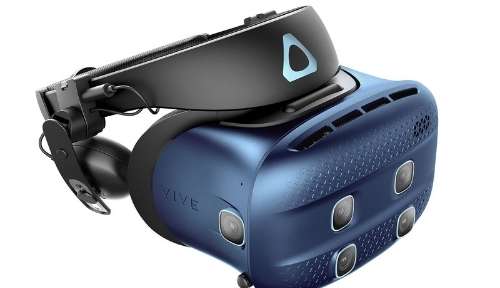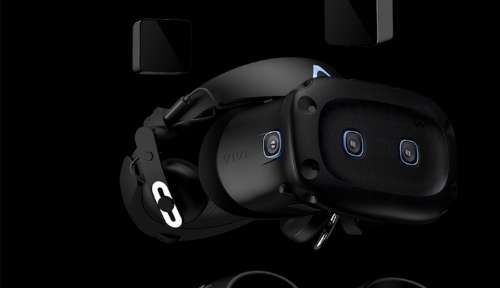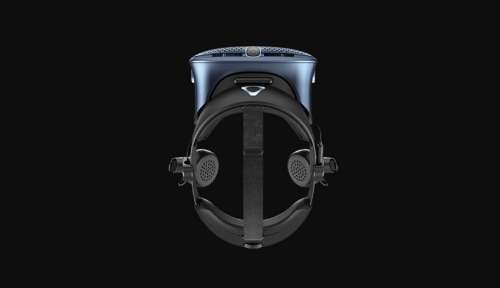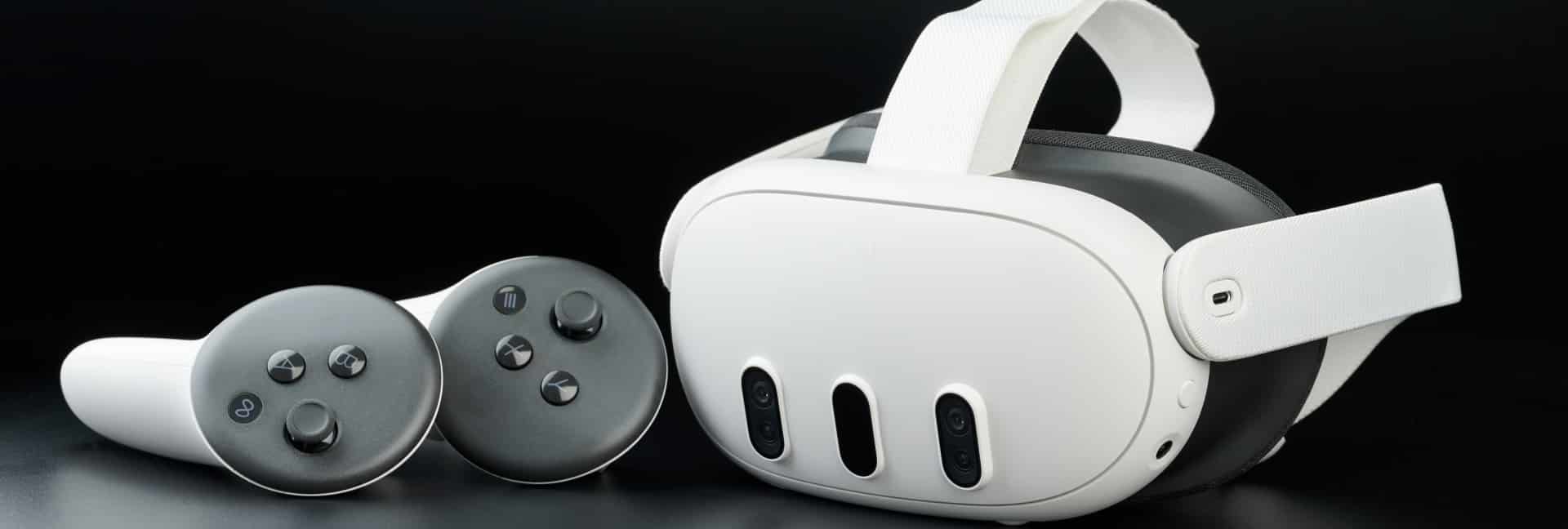The new year has started with a great deal of buzz around the purchase of ‘Call of Duty’ makers, Activision Blizzard, by Microsoft. The deal has set new records and brought a wave of speculation about what Microsoft plans on doing next.
With much of the tech world focused on the new iteration of the internet, Microsoft’s CEO has made it apparent that this acquisition is all about the company’s plans to stake its place in the development of the metaverse.
So what does that mean for Microsoft, Activision, and will they finally enter the VR market?
Here’s what we currently know about the Microsoft Activision Blizzard acquisition.
The Acquisition is the Largest In Video Game History
Weighing in at a whopping $68.7 billion, Microsoft’s deal is the largest of its kind. The purchase price beats the previous all-cash acquisition record of Bayer’s $63.9 billion Monsanto offer in 2016 equating to $95 per share. However, while the value of Activision shares shot up 26% following the announcement, they still only remained at $82 a piece.
The sheer size of the acquisition is likely to spark considerable interest from antitrust regulators, and, while the likelihood is that it’ll get the go ahead, the deal may yet fall through. If it does pass, it may set some new precedents in the way that the gaming industry is to shape up in the years to come.
What Does $69 Billion Buy Microsoft?
The Microsoft Activision Blizzard deal is anticipated to go through at some point in 2023, making it the third-largest video game company in the world in terms of revenue behind Sony and Tencent.
Once the purchase is complete, Microsoft will own a vast back catalogue of popular titles including Overwatch, Diablo, Call of Duty, and World of Warcraft.
Aside from the range of popular titles, Activision Blizzard has a worthy team of developers with their fingers clearly on the pulse gaming.
Is Microsoft Making a Play for Metaverse Dominance?
So, why is Microsoft buying up the most influential gaming companies in the world? At the moment in video gaming and the tech industry at large, we’re seeing the focus shifting towards interoperability and total immersion – the key elements of the metaverse.
Many industry leaders have already put their hat in the ring to be pioneers of the metaverse, and Microsoft’s recent purchase is them asserting their position in the race to dominate this new frontier.
In a press release following the acquisition, Microsoft CEO Satya Nadella talked about how important gaming is and how it will play a “key role in the development of metaverse platforms” He also talked about how there won’t be one, single metaverse, and how their aim should be to support many platforms.
View this against acquisitions and patents elsewhere in the tech industry, where Meta has bought eight businesses working in VR or AR, with half of their patents in the last couple of years relating to VR and AR.
Microsoft meanwhile has spent more and cast its net wider in recent years acquiring organisations dealing with diverse interests including quantum computing and healthcare.
But Activision’s games aren’t the kind of virtual worlds that we’ve come to expect of the metaverse because they’re reliant on platforms such as games consoles and smartphones and lack an immersive VR-based experience.
Rather tellingly, while every major player was talking up their metaverse aims in 2021, Activision Blizzard was a company that was notably silent, even in their own Q3 earnings calls.
A marriage of the two companies could work though, and Activision could certainly use Microsoft’s cloud computing abilities and HoloLens to help explore online worlds.
So, will the purchase of Activision Blizzard help Microsoft find their footing in the new world? Watch this space…
Activision: A Brief History
Activision started in 1979 as the first-ever third-party console games developer after a group of Atari staff decided to go it alone after changes in the company’s culture after the takeover by Warner Communications. Their aim was to create games for the Atari 2600.
Over the years the company has had its ups and downs, however, under leadership of Bobby Kotick the company started acquiring other games publishers leading them to own the likes of RedOctane and their Guitar Hero franchise and Infinity Ward who would bring Call of Duty to the table.
Activision would go on to merge with Vivendi games in 2008, attracted largely by subsidiaries. Blizzard Entertainment and its popular MMO, World of Warcraft. Later, the company would purchase King, makers of hit social games such as Candy Crush Saga.
Bobby Kotick will remain CEO of Activision Blizzard following the acquisition, and will serve under CEO of Microsoft, Phil Spencer.
What About Microsoft VR?
So far, Microsoft is behind the curve when it comes to VR, especially compared to Meta and Sony who both have their own VR ecosystems. Currently, Microsoft’s Xbox lacks official compatibility, even with their own Mixed Reality headsets.
Phil Spencer has recently discussed their intentions to work with any screens that can render their games, talking about how he wants people to experience them wherever they are.
Back in October 2021, Spencer talked about the successes of other VR platforms, but said that Microsoft’s intentions remained focused on software.







